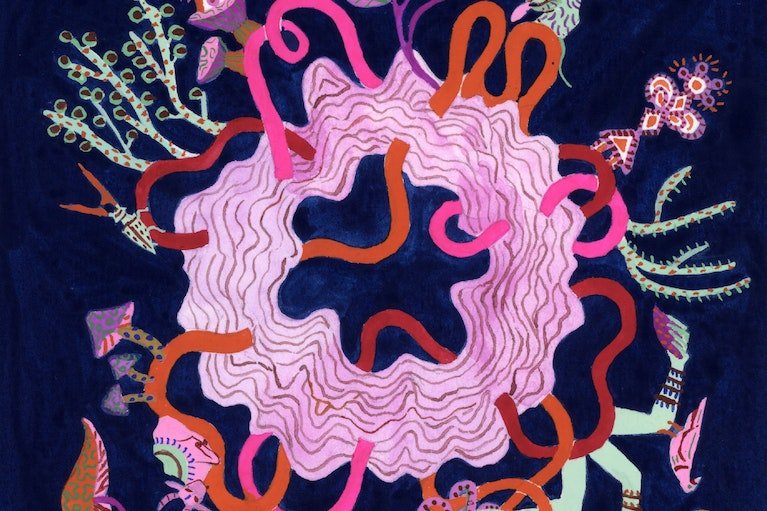AI Is Life

my notes ( ? )
Fantastic essay by Sara Walker, an astrobiologist and theoretical physicist, reframing AI into deep historical and evolutionary contexts.
Starts by pointing out that "we are embedded in a living world, yet we do not even recognize all the life on our own Earth. For most of human history, we were unaware of the legions of bacteria living and dying ... even within us. It took the technological innovation of the microscope... viruses were only confirmed in the late 19th century ... [life around] hydrothermal vents ... [not] until the second half of the 20th century ... The discovery of new forms of life requires the advent of technologies... But almost never do we consider those technologies themselves as life... But... the boundary between life and technology is becoming blurry."
After all, technologies do not appear - they evolve, requiring "evolution and selection along a lineage", as indeed does even mineral diversity, "because life has altered the geosphere so markedly." While few would recognise this as life, they are all "products of a sequence of evolutionary events enacted only on Earth. This is as true for a raven as it is for ... ChatGPT.. [which] wouldn’t exist without the evolutionary divergence of the human lineage from apes".
cf Schrodinger's "What is life?" - it's hard to make the cut: "If you draw the line at self-reproducing or self-sustaining, viruses or parasites are excluded... [use] the consumption of energy, fire can reasonably make the cut".
So move past binary categorisations and seek a deeper, more abstract framework to explain life, as physics does for the laws of motion. "And just as with motion, we will have to ignore many details to get at a more universal ... understanding" of the “laws of life".
Separate:
- "life: objects that can only be produced in our universe through a process of evolution and selection.
- "from alive: ... active implementation of the dynamics of evolution and selection... a dead cat [is] representative of “life” ... but is not “alive.”
"technologies emerge from what has been selected to exist... Satellites are not launched from dead worlds", but only once "the knowledge of laws of gravitation is encoded in our biosphere". But technology is "also what selects among possible futures — and builds them".
Walker points out that if you step outside habitual framing, technology is not limited to humanity's innovations: biological innovations like " Photosystems I and II — multiprotein complexes ... [which] harvest photons to ... catalyze reactions" transformed the world, helping create "conditions supportive of multicellular life". Even earlier, "the chemistry of translation... allowed genes from one organism to be shared with another and retain their meaning".
So humanity's technologies "are part of the same ancient strand of information propagating through and structuring matter on our planet... We are lineages, not individuals... [our new] technologies represent the recapitulation of life’s innovations into new substrates."
From cells with photon receptors -> eyes -> microscopes and telescopes -> "using algorithms to interpret data and “see” the world for us... we are now outsourcing some of the functioning of our own minds... AI Is A Major Transition In Planetary Evolution... a biosphere becoming a technosphere... planetary-scale, multisocietal life with a new brain-like functionality".
This is hard to see because it's ahead of us and MUCH MUCH BIGGER than any of us: "a structure much larger in time... [whereas] we are accustomed to viewing life on the scale of a human lifespan".
Read the Full Post
The above notes were curated from the full post www.noemamag.com/ai-is-life/.Related reading
More Stuff I Like
More Stuff tagged future , technology , evolution , llm , ai , philosophy
See also: Digital Transformation , Innovation Strategy , Science&Technology , Large language models